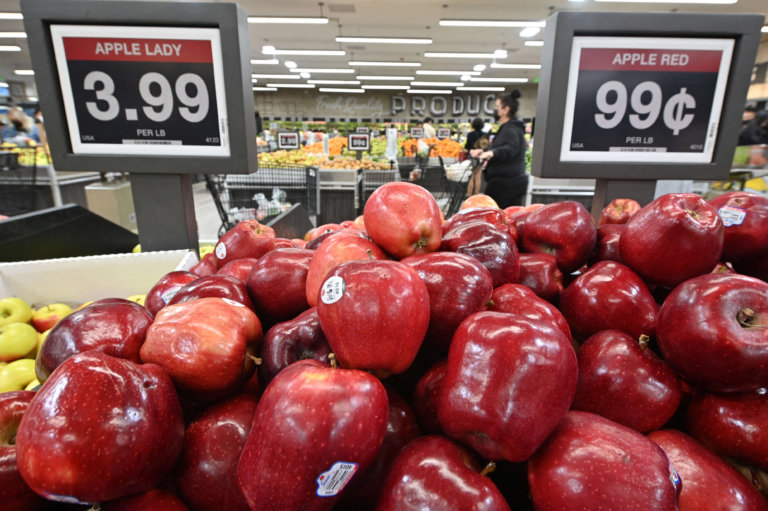
Let’s face it – living as an international student abroad isn’t always cheap, and certain times can be more difficult than others. When the going gets financially tough, getting your daily student meal and nutrition in might not be high on your priority list.
The pandemic has worsened the student food crisis, with international students reporting job loss, stipend cuts, and draining financial resources between lockdown periods. If you’re cash-strapped for food abroad, you might be looking for student meal and budget hacks that can extend your lifeline just a little longer.
That’s why we’ve come up with the five-dollar-a-week student meal hack.
Sounds too good to be true? We’ve put this theory to a test before, and yes, with a trip down the food bank and your nearest dollar store, five-dollar-a-week for food is doable with a few tips.
If you’re ready to put this challenge to the test, here are some tips to make sure you’re eating properly on a tight budget (assuming you have pantry seasonings and cooking oil at hand):
Split your groceries with others
First on our list of student meal tips to survive the five-dollar-a-week challenge is to split your groceries with some friends. This doesn’t mean crossing your five-dollar limit, but it’s a well-known fact that buying groceries alone is far more expensive than buying as a group.
Pantry staples such as rice and pasta are often sold in bulk instead of per unit — and they’re cheaper that way too. For instance, two kilogrammes of rice on a budget can cost over four Canadian dollars.
Splitting the cost with others cuts your spending by at least half, and even more if you can find cheap deals. You’ll want to keep your eyes out for discount coupons too.
Get your supplies from food banks and dollar stores

Food banks are a popular resource for students who are in need. Source: Ilya S. Savenok/Getty Images North America/Getty Images via AFP
Here’s the real hack: you don’t have to buy all your food necessities. Food banks are a popular choice for food-insecure students, and many campuses have them.
Over 700 colleges in the US have food pantries, while some campuses have a weekly food bank where students can line up to receive fresh produce and pantry staples. You can also look for other food banks within your city, but some might require registration before you can access their services.
If you need to make purchases to supplement your food bank haul, dollar stores such as Dollar Tree in the US, Dollarama in Canada, or Poundland in the UK have canned food that are fixed at one dollar or one pound per item.
Stick to the basics
It goes without saying that being extremely frugal with your food comes with sacrifices on your grocery list. You’ll want food that can fuel you for the whole day, and pantry items with a longer shelf life, or items that can last for at least a week. Stick to foods rich in carbohydrates and proteins to keep your tummy full for hours as you shuffle between classes.
Grains and beans are your best bet to whip up budget-friendly meals that are nutritious and filling at the same time. If you managed to get produce from your local food bank, add them to your meals for a fresh touch.
Prepare your food ahead of time
The downside to buying groceries? You’ll have to cook them, which can be time-consuming for a university student with a packed schedule.
Having a weekly meal plan and preparing your cooking ingredients ahead can save a lot of cooking time. If you feel overwhelmed thinking about what to eat for a week, try planning for two or three days first.
Alternatively, you can chop and portion your weekly ingredients ahead of time, and store perishable items like vegetables in freezers to keep them fresh. A little planning can keep you sufficiently fed, even when you’re going through a tough time.
It’s important to note that surviving on such a low amount isn’t meant to be a long-term solution to food insecurity, and if access to proper food is a prolonged issue, you will need to seek help from resources available to you. Ultimately, you know your situation best to make the necessary adjustments to fit your circumstances.










